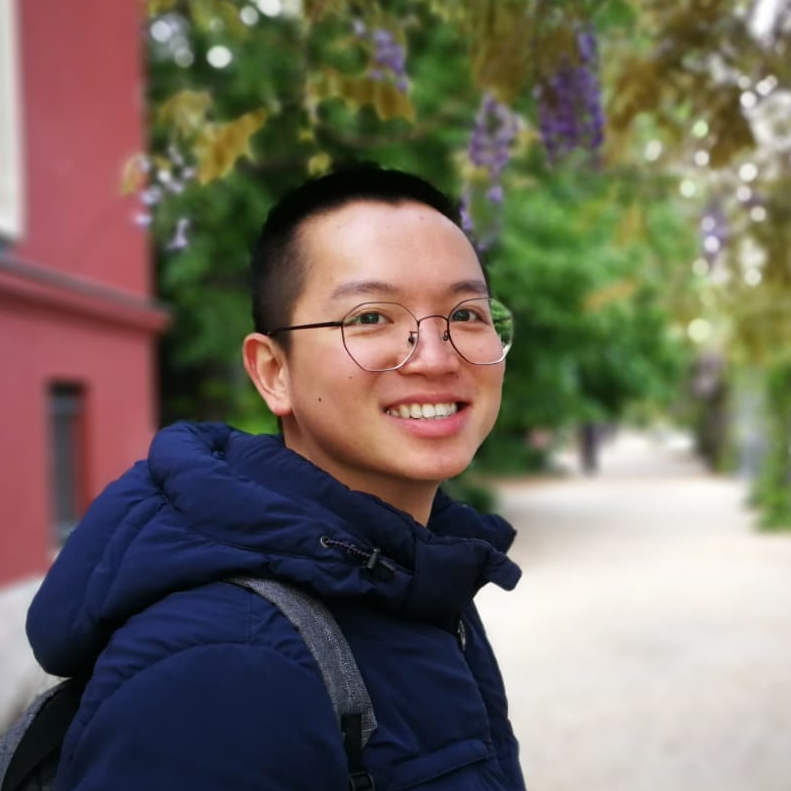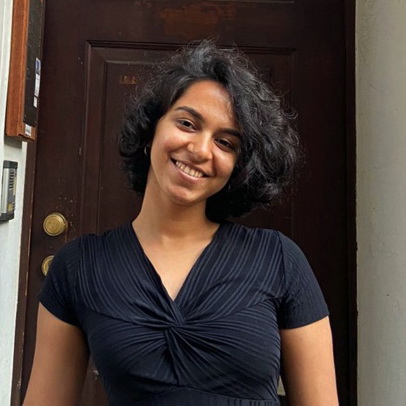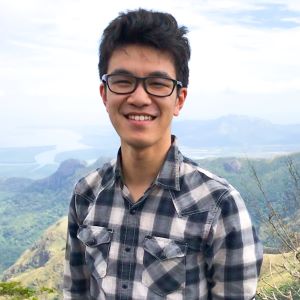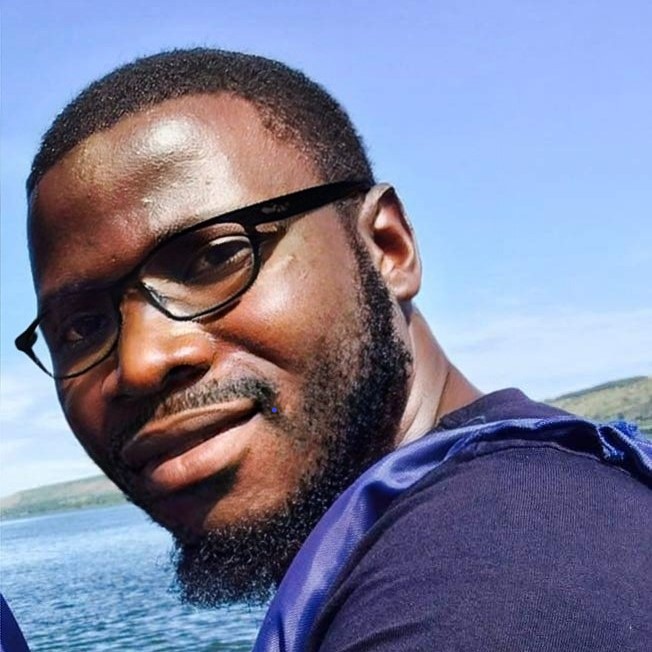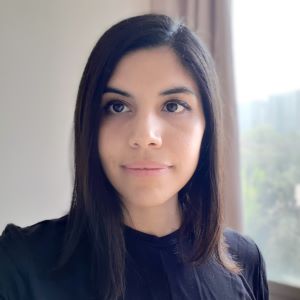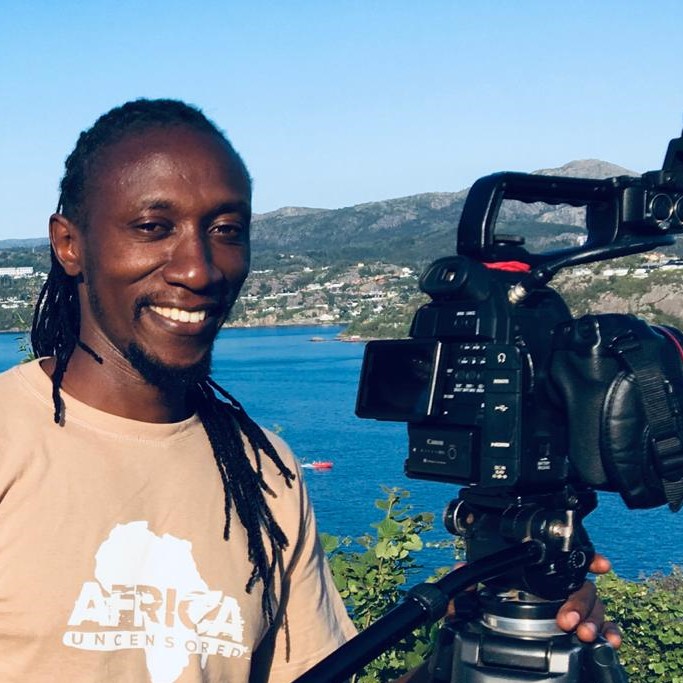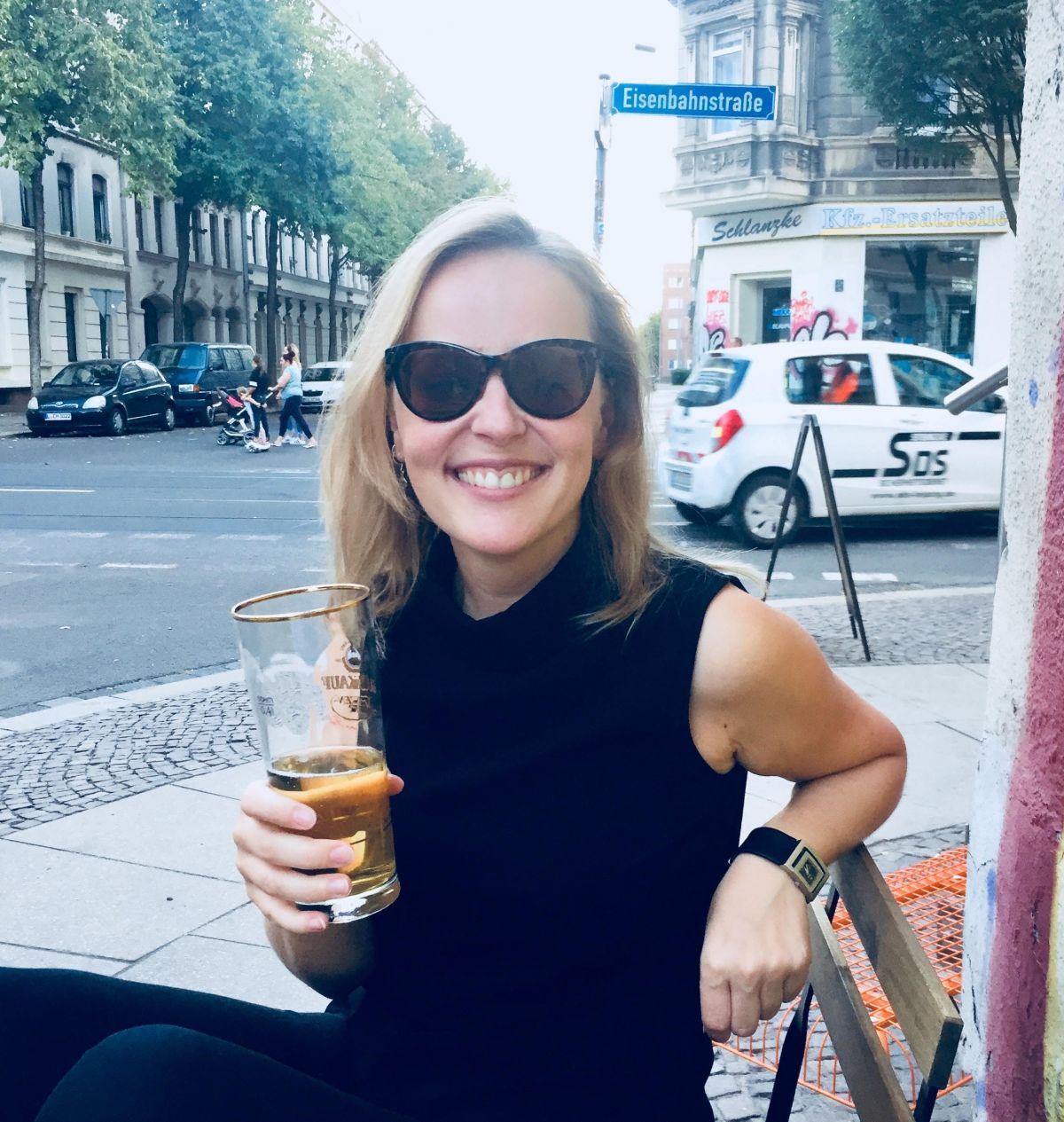Über Rasam und Identität
Rasam ist die Antwort auf alles - oder so wurde es mir während meiner vegetarischen Erziehung in der Mittelschicht der tamilischen Brahmanen zumindest beigebracht.
India, South Asia
Eine Geschichte von Janani Padmanabhan. Übersetzt von Anna Schmid-Burgk
Veröffentlicht am August 28, 2022.
Diese Geschichte ist auch verfügbar in 


Tamarinde. Kurkuma. Tomaten. Toor dal: Diese vier Zutaten kommen in das heiße Wundermittel, das auch Rasam genannt wird. Ein anderer Tamiliner würde darauf hinweisen, dass auch noch Pfeffer und Kreuzkümmel dazugehören, wobei ich dankend nachgeben würde. Rasam (abgeleitet von dem Sanskrit Wort „rasa“, was so viel wie „Saft“ bedeutet) wird üblicherweise zusammen mit einem Klecks Ghee über heißen Reis gegossen. Danach muss der jeweilige Esser sofort den Reis mit dem dünnen, kochend heiße Suppen ähnlichen Rasam mit den Händen vermengen.
Passend für jede Situation. Ein Kleinkind, dass nicht kauen kann? Eine Erkältung oder ein verstimmter Magen? Keine Zutaten in der Vorratskammer? Rasam ist die Antwort auf alles – oder so wurde es mir während meiner vegetarischen Erziehung der Mittelschicht der tamilischen Brahmanen zumindest beigebracht.
Was für eine Bedeutung hat Rasam für mich? Während ich mich nostalgisch dazu hingezogen fühle, mache ich es nicht jeden Tag. Vor allem weil es an sich keine schnelle Mahlzeit ist, die weder sättigend ist noch einen großen Nährwert bietet. Außerdem hat mich die Bedeutung, die dieses Gericht (und viele andere in meiner heimischen Küche) auf meine Existenz und Privileg ausüben, dazu gebracht, mich sehr stark davon zu distanzieren. Im restlichen Teil dieser Arbeit möchte ich diese verworrenen Gefühle, die Rasam in mir auslöst, näher durch die Augen des Kastensystems, sozialer Bedeutung sowie Macht betrachten.
Zu Beginn muss ich erwähnen, dass während die Herkunft von Rasam nicht ganz klar ist, eine altbekannte Geschichte besagt, dass die Herkunft auf ein altes Volksmärchen zurückgeht. Die Geschichte geht wie folgt: In Madurai, eine Stadt im heutigen indischen Bundesstaat Tamil Nadu, gab es im 16. Jahrhundert einen Herrscher, dessen Sohn krank wurde und nicht von den normalen Heilern wieder auf die Beine gebracht werden konnte. Der Herrscher ersuchte alle medizinischen Experten des Landes. Ein Priester (gemäß seiner Kaste auch Brahman genannt) kam mit einem mit Gewürzen beladenem Arzneitrank, der den Prinzen heilte.
„Haben wir in der Geborgenheit einer Geschichte, die uns verinnerlichte Überlegenheit über andere verschafft, Rasam Reis 3-4 Mal pro Woche gegessen?“
Dieses Volksmärchen scheint vielen indischen Weisheiten aus dieser Zeit, die die Heldentaten von Männern aus der oberen Kaste in Bezug auf intellektuelle und/oder königliche Forderungen verherrlichten, zu gleichen. Als Mitglieder der höheren Kaste und damit systematisch privilegiert zu sein, bringt mich diese Herkunftsgeschichte dazu, das hohe Ansehen von mir sowie meiner größeren Gemeinschaft in Frage zu stellen. Haben wir Rasam Reis 3-4 Mal pro Woche in der Geborgenheit einer Geschichte gegessen, die uns verinnerlichte Überlegenheit über andere verschafft?
Diese Frage lässt sich schwer eindeutig im Gespräch beantworten. Viele der bekannten indischen Volksmärchen (und heutige Politik) sind befleckt mit der Lobpreisung von Errungenschaften der oberen Kaste, womit alle ‚niederen‘ Kasten ins falsche Licht gerückt werden. Insbesondere Betroffen davon sind die Dalits. Ernährung ist ein anderer Weg Machstrukturen durchzusetzen. Vegetarismus ist unter Indern grundsätzlich mit der oberen Kaste / Brahmanismus verbunden und hängt mit der Vorstellung von Reinheit zusammen, in der der Verzehr von Fleisch verachtet wird und auf Gemeinschaften herabschaut, die dem nicht nachgehen. Die Auffassung der Ernährungswissenschaftlerin Claude Fischler, dass Organismen, insbesondere Menschen, bewusst das essen oder zu sich nehmen, was ihre Überzeugungen und ihre soziale Existenz nach außen hin widerspiegelt, trifft auf die Hierarchien zu, die durch die Art der Ernährung in der indischen Gesellschaft entstanden sind.
Egal ob in diesem Volksmärchen ein Fünkchen Wahrheit steckt oder nicht, aufgrund dessen, dass die Zutaten leicht zugänglich sind, es nur eine kurze Vorbereitungszeit in Anspruch nimmt und seinem Status unter den Tamils als eine Art Superfood, ist Rasam heutzutage ein Essen des gemeinen Volkes in Tamil Nadu und Südindien.
Und während ich mich in den gelegentlichen Momenten des Heimwehs nach der Geborgenheit von Rasam Reis sehne und genieße, ist es mir unangenehm zu wissen, wie nahe mein Verlangen und meine soziale Schicht beisammen liegen.
Quellen
Shanker, R. (2017, November 19). Rasam, a taste of history and tradition. DT NEXT. Retrieved October 23, 2022, from https://www.dtnext.in/Lifestyle/Food/2017/11/18235008/1052610/Rasam-a-taste-of-history-and-tradition.vpf
Fischler, C. (1988). Food, self and identity. Social Science Information, 27(2), 275–292. https://doi.org/10.1177/053901888027002005
Devarajan, A., & Mohanmarugaraja, M. K. (2017). A Comprehensive Review on Rasam: A South Indian Traditional Functional Food. NCBI. Published. https://www.ncbi.nlm.nih.gov/pmc/articles/PMC5628526/
Was macht diese Geschichte mit dir?
Follow-up
Do you have any questions after reading this story? Do you want to follow-up on what you've just read? Get in touch with our team to learn more! Send an email to [email protected].
Editorial
Food is a deeply cultural thing. If you enjoyed learning more about Janani's upper-caste Tamil Brahmin upbringing and its connection to Raman, we'd suggest you read Zhihao's story next: they write about the rice dish Ban and how it ties in with their Hakka identity. Or check out Neya's story about hosting themed dinner parties to stay connected during the COVID pandemic in the UK.
Recommended Further Reading
Unterhalte Dich über diese Geschichte
Please enable cookies to view the comments powered by Disqus.
Subscribe
Melde Dich an für unseren monatlichen Newsletter und bleibe up-to-date mit neuen Geschichten auf Correspondents of the World.
Mehr Geschichten auf Deutsch
Erkunde andere Themen
Mach mit
At Correspondents of the World, we want to contribute to a better understanding of one another in a world that seems to get smaller by the day - but somehow neglects to bring people closer together as well. We think that one of the most frequent reasons for misunderstanding and unnecessarily heated debates is that we don't really understand how each of us is affected differently by global issues.
Unser Ziel ist es, dies zu verbessern - und zwar mit jeder Geschichte, die wir teilen.
Community Weltweit
Correspondents of the World is not just this website, but also a great community of people from all over the world. While face-to-face meetings are difficult at the moment, our Facebook Community Group is THE place to be to meet other people invested in Correspondents of the World. We are currently running a series of online-tea talks to get to know each other better.







